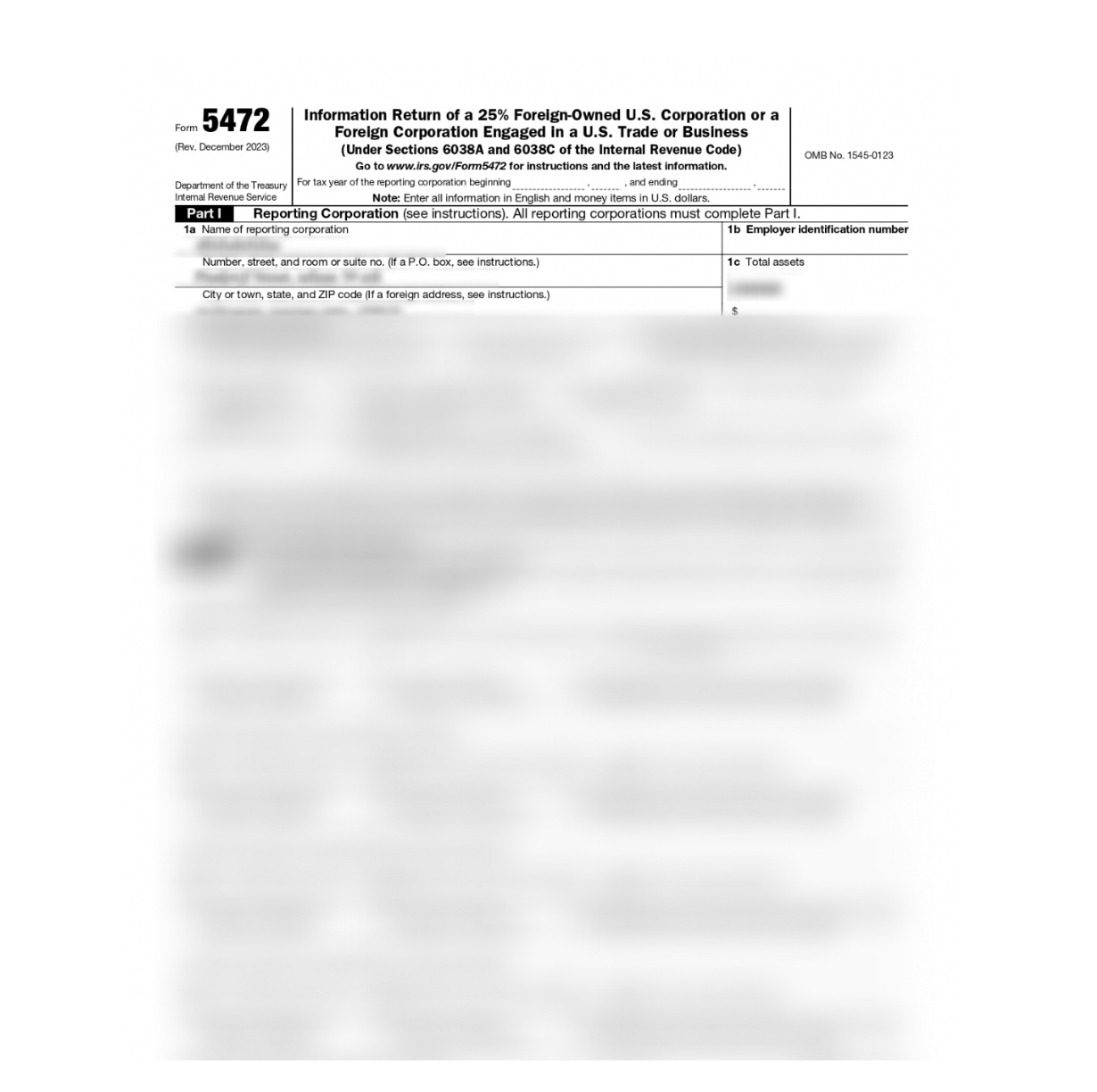Forbes-recognized counsel and architect of the COMPASS framework, a strategic breakthrough for navigating international investments and business expansion, with over 5 years of experience in corporate law, including investment management, VC/PE, and cross-border transactions, contributing $15B+ in transactions across diverse sectors.•
Taxation of Ukrainian Business in the USA: Legal Case on Avoiding Double Taxation
Entering the US market opens significant opportunities for Ukrainian companies in terms of growth and investment. However, such expansion is often accompanied by complex tax regulations. One of the key challenges is the risk of double taxation when income earned in the US is taxed both in the United States and in Ukraine.
This case explores how a Ukrainian IT company, with legal support from attorney Miraziz Khidoyatov, successfully addressed these issues. The company opened a subsidiary in California to promote digital solutions but faced inquiries from the US Internal Revenue Service (IRS) and increased scrutiny from Ukrainian tax authorities.
Case Overview
The company was headquartered in Kyiv, with its US subsidiary registered as an LLC in California. Sales were conducted through the American legal entity. However, the IRS considered that the income was fully taxable in the United States. At the same time, the Ukrainian tax office required confirmation of the foreign income source and threatened to impose corporate tax. As a result, the company risked losing over 39% of its income due to double taxation.
Key Resolution Steps
1. Company Structure Review
During the corporate structure audit, it was determined that the sole beneficiary of the US LLC was the Ukrainian parent company. This allowed the LLC to be classified as a disregarded entity—meaning the company is not treated as a separate taxpayer in the US, and its income is reported at the parent company level.
2. Preparation and Submission of Tax Documents
The following documents were prepared and submitted:
- Form W-8BEN-E — confirms foreign company status and allows exemption from 30% withholding tax on US-source income.
- Form 5472 — mandatory for reporting between the US subsidiary and the foreign parent company.
- Transfer Pricing Documentation — justification of arm's length pricing in transactions between the branch and the parent company.
These measures were aimed at minimizing the risk of double taxation.
3. Application of International Standards
Due to the absence of a double tax treaty between Ukraine and the USA, provisions of the OECD Model Convention were used. It was proven that the profit was not attributable to a permanent establishment in the USA, since management, decision-making, and risk were all based in Ukraine.
Documents Prepared
- Form W-8BEN-E (confirmation of non-resident status)
- Form 5472 (related-party reporting)
- Transfer Pricing Documentation
- Ukrainian Tax Residency Certificate
Case Results
- IRS accepted all documents without additional questions.
- The company avoided taxation in the US due to proper structuring.
- The Ukrainian tax authority recognized the income as legitimate and did not impose sanctions.
- The business continued operating in the US on a transparent tax basis.
Proof of Form 547 completion

Frequently Asked Questions
Can a company be opened without a visa?
Yes. LLC registration can be done remotely. However, managing the company within the US requires a business visa.
Is it possible to avoid double taxation without a treaty?
Yes. Applying OECD principles and proper legal structuring can reduce tax burdens.
What is the tax rate in the USA?
The basic corporate tax rate in the US is 21%. A 30% repatriation tax may apply, which can be avoided with Form W-8BEN-E.
This case demonstrates that with properly built structure and timely legal support, Ukrainian business can operate legally in the US without the risk of double taxation. Professional guidance by attorney Miraziz Khidoyatov allowed the company to preserve profits and establish itself in the American market.

































